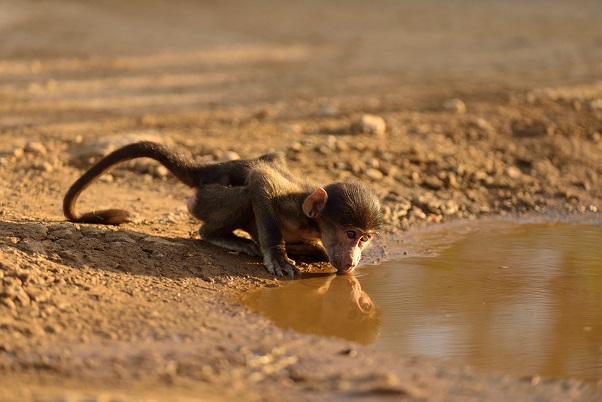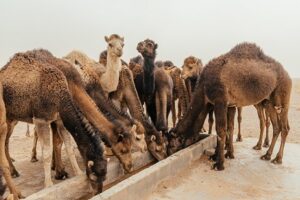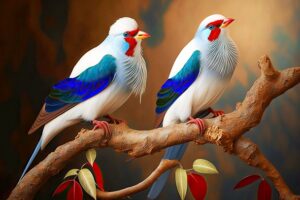Table of Contents
ToggleExploring the Biological Identity of Otters
Otters are fascinating creatures that captivate our imagination with their playful antics and graceful aquatic lifestyle. Often mistaken for rodents, these semi-aquatic mammals have a distinct biological identity that sets them apart. In this article, we will dive into the intriguing world of otters, dispelling the misconception that they belong to the rodent family.
What Sets Otters Apart from Rodents?
Understanding the Taxonomy
To decipher the truth about otters, we must first explore their taxonomy. Otters belong to Mustelidae, including ferrets, weasels, and badgers. On the other hand, rodents, such as squirrels and beavers, belong to the order Rodentia. This fundamental difference in classification is the first clue that otters are not rodents.
Dental Distinctions
A closer look at otter anatomy reveals a distinctive dental structure. Otters have sharp, pointed teeth adapted for catching fish, while rodents possess ever-growing incisors for gnawing vegetation. This dental contrast highlights the divergent dietary habits of otters and rodents.
Aquatic Adaptations
Otters are renowned for their remarkable adaptations to aquatic life. Their webbed feet, streamlined bodies, and waterproof fur enable them to thrive in water. In contrast, rodents lack these adaptations, making them ill-suited for an aquatic lifestyle.
Social Behavior
Otters are highly social animals, often living in close-knit family groups. Rodents, on the other hand, exhibit a wide range of social structures, including solitary and colonial living. This stark contrast in social behavior further differentiates otters from rodents.
Debunking the Common Misconceptions
Size and Appearance
Otters are more significant than most rodents. They have a sleek, elongated body that ranges in size from 2 to 5 feet, depending on the species. Conversely, rodents come in various sizes but generally have a more petite, compact build.
Diet and Feeding Habits
Otters primarily feast on fish, crustaceans, and amphibians. Their diet is predominantly carnivorous. In contrast, rodents are herbivores, consuming plants, seeds, and occasionally insects.
Habitat and Behavior
Otters are predominantly aquatic and can be found in various freshwater and coastal ecosystems. They are skilled swimmers and rely on marine environments for food and shelter. Rodents, however, are versatile in their habitat choices and can be found in diverse backgrounds, from forests to urban areas.
Evolutionary History
Ancient Origins
Otters have a long evolutionary history dating back to the Miocene epoch. Their ancestors were land-dwelling carnivorous mammals, and they adapted to an aquatic lifestyle over time. This transition is a testament to their unique evolutionary path.
Ecological Importance
Otters play a crucial role in maintaining the health of aquatic ecosystems by controlling populations of certain prey species. Their presence in these ecosystems helps preserve the balance of marine food chains.
Conclusion
In conclusion, otters are not rodents. They belong to the family Mustelidae, possess distinct dental features, exhibit unique aquatic adaptations, and have different dietary preferences. It is essential to dispel the misconception that otters are rodents and appreciate them for the remarkable semi-aquatic mammals they genuinely are.
FAQs (Frequently Asked Questions)
- Are otters dangerous to humans?
While otters are generally not aggressive towards humans, they should be observed afar in the wild. In captivity, otters can be trained and socialized to interact with humans safely.
- How many otter species exist?
There are 13 species of otters in total, each with its unique characteristics and habitat preferences.
- Are otters endangered?
Many otter species are currently facing threats due to habitat loss and pollution. Conservation efforts are underway to protect these remarkable creatures.
- Do otters make good pets?
Otters are wild animals and not suitable as pets. In many places, it is illegal to keep otters as pets due to their specific needs and conservation status.
- What is the primary threat to otters in the wild?
Habitat destruction and pollution are the primary threats to otters in the wild, leading to a decline in their populations.





